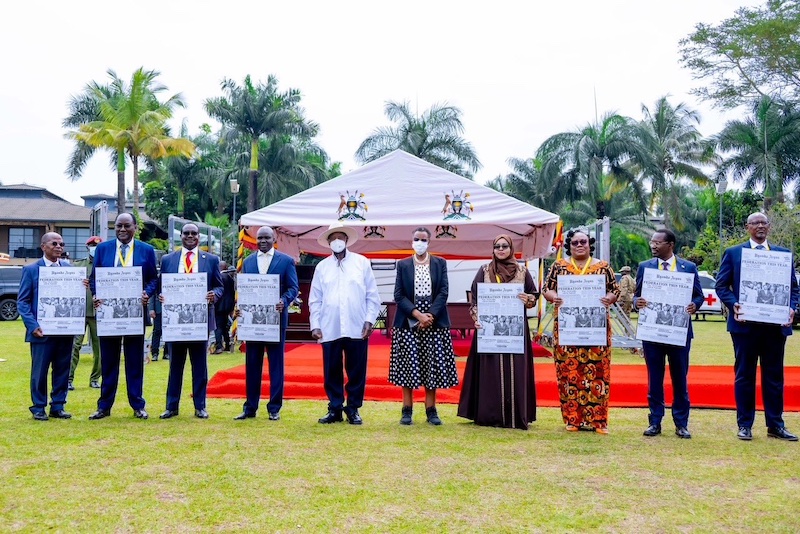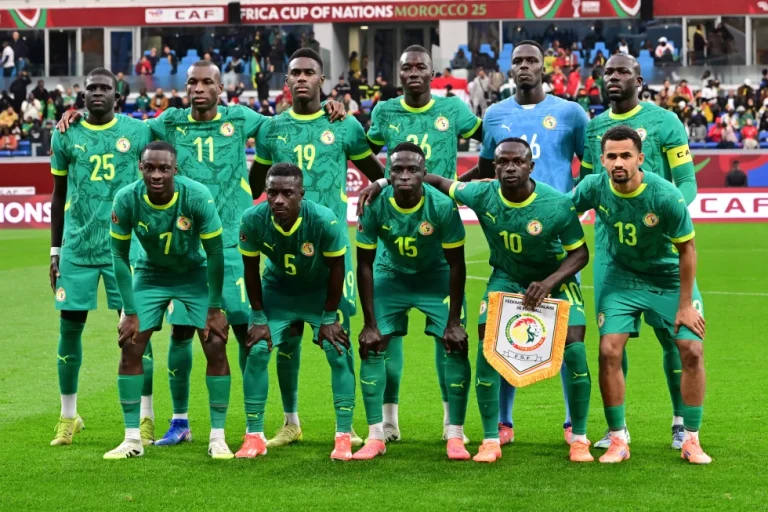
In two years’ time, East African Community (EAC) partner states will have a mutual recognition of academic and professional qualifications to promote seamless mobility of students, staff and professionals across the region in line with the EAC Common Market Protocol, writes GEOFREY SERUGO.
Ministers responsible for Higher Education in the EAC partner states have resolved to align the respective national higher education systems with the regional higher education framework requirements, albeit without imposing uniformity.
This was reached at recently during the First East African Community Common Higher Education Area (EACHEA) conference held between September 9 and September 11 at Speke Resort Munyonyo, Kampala.
It marked the first time that ministers responsible for higher education in East Africa gathered to deliberate on the operationalization of the East African Common Higher Education Area.
Convened by First Lady and Education minister Janet Museveni, the conference was attended by Education ministers from Burundi, DR Congo, Kenya, Rwanda, Somalia, South Sudan and Tanzania.
It was held under the theme “Enhancing Regional Integration through Harmonized Higher Education Systems for Sustainable Development in East Africa.”
At the end of the conference, Dr Kedrace Turyagenda, the Education ministry permanent secretary, delivered the joint communique and among the other resolutions was to reaffirm their commitment to the full operationalization of the EACHEA as a mechanism to strengthen academic excellence, facilitate knowledge mobility, and serve as an engine for deepening regional integration, socio-economic transformation, and global competitiveness of the EAC region.
The ministers further committed themselves to enhance mutual recognition of academic and professional qualifications through development of relevant regional frameworks for mutual recognition of academic and professional qualifications to promote seamless mobility of students, staff and professionals across the region in line with the EAC Common Market Protocol by 2027.
They also resolved that in five years’ time, all national higher education policies, legislation and regulatory frameworks would be harmonized. Not only will the states also have an obligation to promote the integration and regulation of digital, open and blended learning systems, including cross-border e-learning platforms and virtual exchange programmes, they will mobilise sustainable financing for higher education through national and regional resource pooling mechanisms, development cooperation, commercialization of research and private sector engagement.
Lastly, the EAC states agreed to implore the Inter-University Council for East Africa (IUCEA) to work with the commissions and councils for higher education to develop mechanisms to monitor and report on alignment of institutional frameworks with regional frameworks.
The resolutions were reached at through deliberations with various attendees that included policymakers, regulators, university leaders, researchers, quality assurance practitioners, employers, partners and students across the eight countries that make up the regional bloc.
They examined the critical issues that affect harmonization, quality assurance, mutual recognition of qualifications and the mobility of students and staff across the region.
WHAT THEY SAID
During the conference, President Museveni, who was also the chief guest, noted that patriotism, Pan-Africanism, socio-economic transformation and democracy are the four principles that will help us promote prosperity for our people.
“Where does prosperity come from? The only way you can create prosperity is when each family, each individual or a company produces a good or a service with ekibalo, [to produce a good or service after you have analysed that it is the best for your family]. If you do this sustainably and you sell it, you will get money and become prosperous,” he said.
“The next question is, who will buy those goods or services in big quantities? Love Uganda because you need it for your prosperity. The communities in Kenya must love Kenya, those in Tanzania love Tanzania, etc… but also love East Africa banange. Why love East Africa, because you need it for your own good.”
The president noted that second way EAC can solve prosperity is to strategically bring together East Africa and Africa under Pan Africanism, but for EAC citizens to fully utilise this market, it must undergo socio-economic transformation, through two routes.
“Route number one is through education for everybody and number two is to join the money market. That is how you come to the common higher education area. All the children must pay the same. It is criminal to charge them differently simply because they come from another country. If you understand that I need East Africa banange for my own good, I need Africa; then you ought to have common standards.”
On her part, Mrs Museveni said: “The people for whom we are here to serve in our respective capacities perceive relevance of the common higher education area from their own perspective. The young people want to witness mobility of talent and mutual recognition of qualifications amongst the EAC partner states. The private sector perceives relevance of a Common Higher Education Area as being responsive to industry and job market by way of producing inventions and innovative services and products that will add value to the consumer’s experience.”
She further said that EAC governments will appreciate relevance of a common higher education area when this sub-sector becomes a source of pragmatic policy solutions to the pressing problems in society aspiring for socio-economic transformation.”
“Our aspiration for an integrated Higher Education Area is purposeful because it does not seek to fulfill the self-interests of Higher Education per se, but the greater good of the more than 300 million people in the East African Community. The Common Higher Education Area will not only make East Africa more attractive to students from within and outside Africa but will play a pivotal role in positioning the EAC region as a nucleus of excellence, innovation, and competitiveness. As Uganda, we reaffirm our government’s commitment to supporting the EAC Common Higher Education Area in various ways.”
During deliberations, Prof Mary Okwakol, the National Council for Higher Education (NCHE) executive director and also the chairperson, Forum of CEOs of National Councils/ Commissions for Higher Education in East Africa, praised the creation of EACHEA in 2017.
“This was a commitment that higher education in one partner state would be recognized, trusted, and valued across the entire region. The conference has accelerated the transformation of that commitment into practical actions. This conference is demonstration of extending these efforts to the regional level, for it will provide a political and policy-level platform for ministers of Education to commit the respective partner states on necessary actions to more effectively operationalize the EACHEA.”
While closing the conference on September 11, Thomas Tayebwa, the deputy speaker of parliament, said this was not merely to exchange ideas but to chart the future of higher education in EAC.
“With over 331 million citizens in the region, the majority under 25 years, the East African Community holds in its hands a demographic treasure that will determine the destiny of our nations. Let us leave with a renewed determination that East Africa must not lag behind. We must not allow fragmented systems to rob our young people of their future,” he said.
“Instead, let us unite to build an EACHEA that rivals the developed countries in integration, and positions us to compete globally in scale, innovation, and excellence. Together, we can transform higher education from a patchwork of national systems into a coherent regional powerhouse; a force that will drive economic growth, social cohesion, and continental leadership.”
Going forward, the ministers agreed that the conference on the EACHEA shall be convened biennially, with national councils/commissions for higher education driving the coordination at the national level and IUCEA serving as the secretariat to review progress, share best practices, address emerging issues, and adopt new policy directions. So, the next ministerial conference will be hosted by Rwanda in 2027.
geofreyserugo1992@gmail.com



